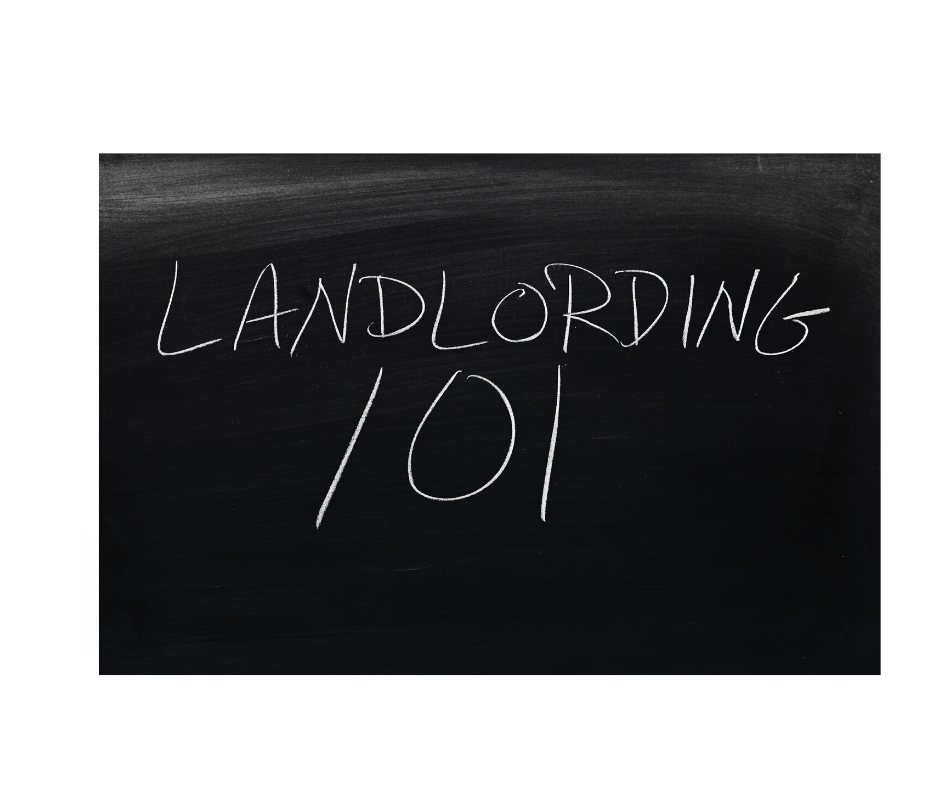Rental Legislation Update
Today has a busy day for legislation ….
From today, Monday 1st June 2020, the tenant fee ban is extended to all tenancies.
Tenant fees were banned on tenancies made from June 1 2019 after the Tenant Fees Act became law last year and there was initially a transition period for any pre-existing tenancies.
That period ends today! Best practice would now be to inform your tenants that there may be payments mentioned in their agreements that can no longer be charged (prohibited payments that are no longer valid).
The tenant fee act also introduced capped security deposits at 5 weeks rent (or 6 weeks if the annual rent is over £50,000 - not a regular occurrence in Gravesham!). Landlords do not need to refund any part of an existing Tenancy Deposit that exceeds the cap and can hold this for the duration of the existing tenancy. However, where a tenant renews their tenancy by signing a new Fixed Term agreement on or after 1 June 2019, any amount of their existing deposit which exceeds the applicable five- or six-week limit must be refunded to ensure the new tenancy complies with the tenancy deposit cap.
The Electrical Safety Standards in the Private Rental Sector (England) Regulations 2020 came into force on 1st April 2020 and today the government have issued formal guidance for Landlords, Tenants and Local Authorities Link (https://bit.ly/2BfN4SS)
The legislation is there to ensure electrical safety standards (as detailed in the 18th edition of the wiring regulations) are met during any period when the premises are occupied under a tenancy and to ensure every electrical installation in the property is inspected and tested by a qualified person at intervals of no more than 5 years or where the report specifies testing to be at intervals of less than 5 years.
It is important to note that this legislation relates to England only and applies to all new tenancies from 1st July 2020 and to all existing tenancies from 1st April 2021.
There is a difference between when an electrical test is required should your tenancy be a contractual periodic or a statutory periodic. The two types of periodic are important and you need to understand what type of contract your tenants are in and the differences ahead of 1st July 2020.
If a property is already in a periodic (either contractual or statutory) prior to 1st July 2020 and no changes are made to the tenancy then these would require an electrical test report by 1st April 2021.
An EICR (Electrical Installation Certificate Report) would be the standard report used and there are various actions required and testing outcomes that need to be adhered to.
Enforcement is by the local authority, who will also determine the financial penalty should the legislation not be adhered to (this must not exceed £30,000).
I hope you found this helpful however should you be unsure about your obligations please contact our team. As always we are here and ready to help!

